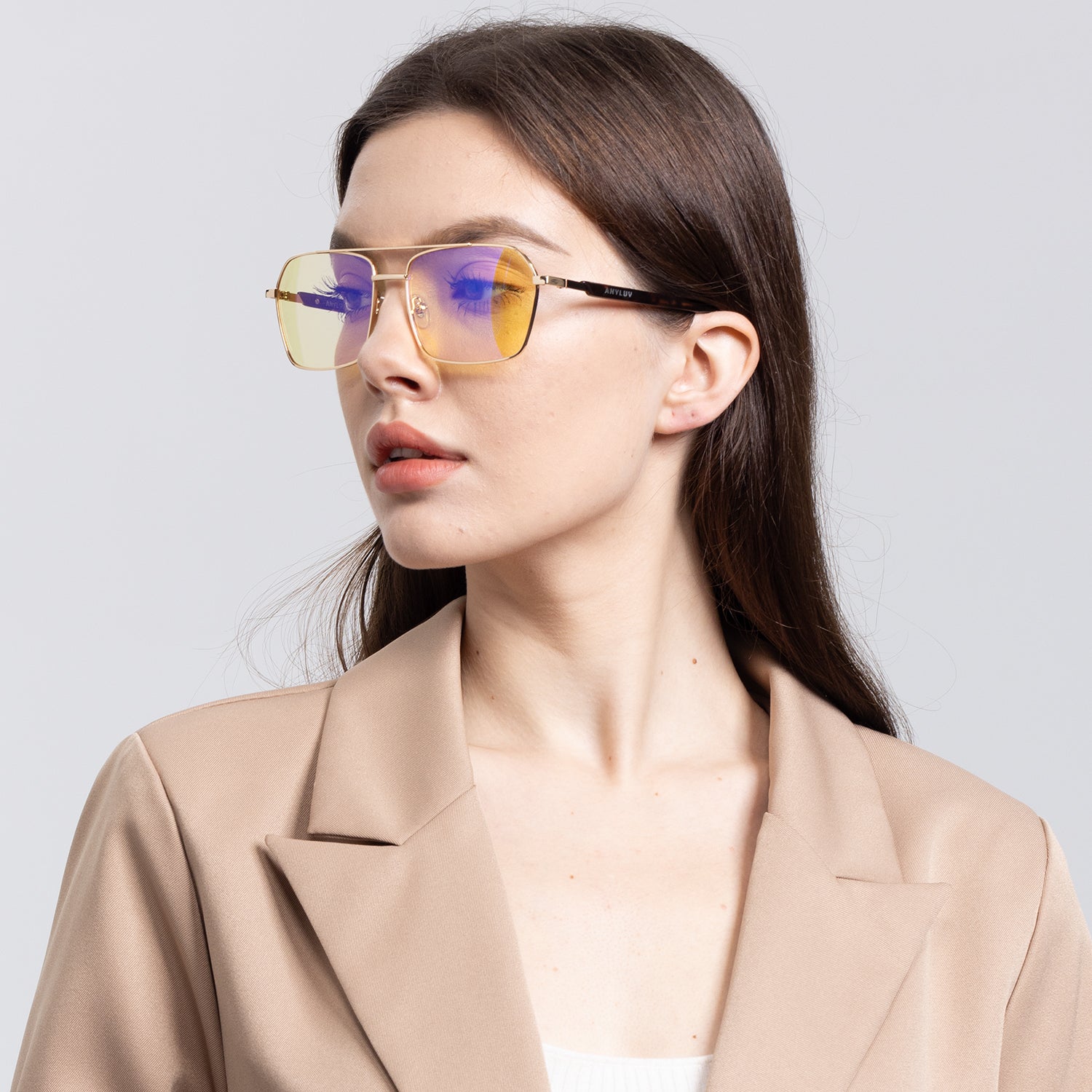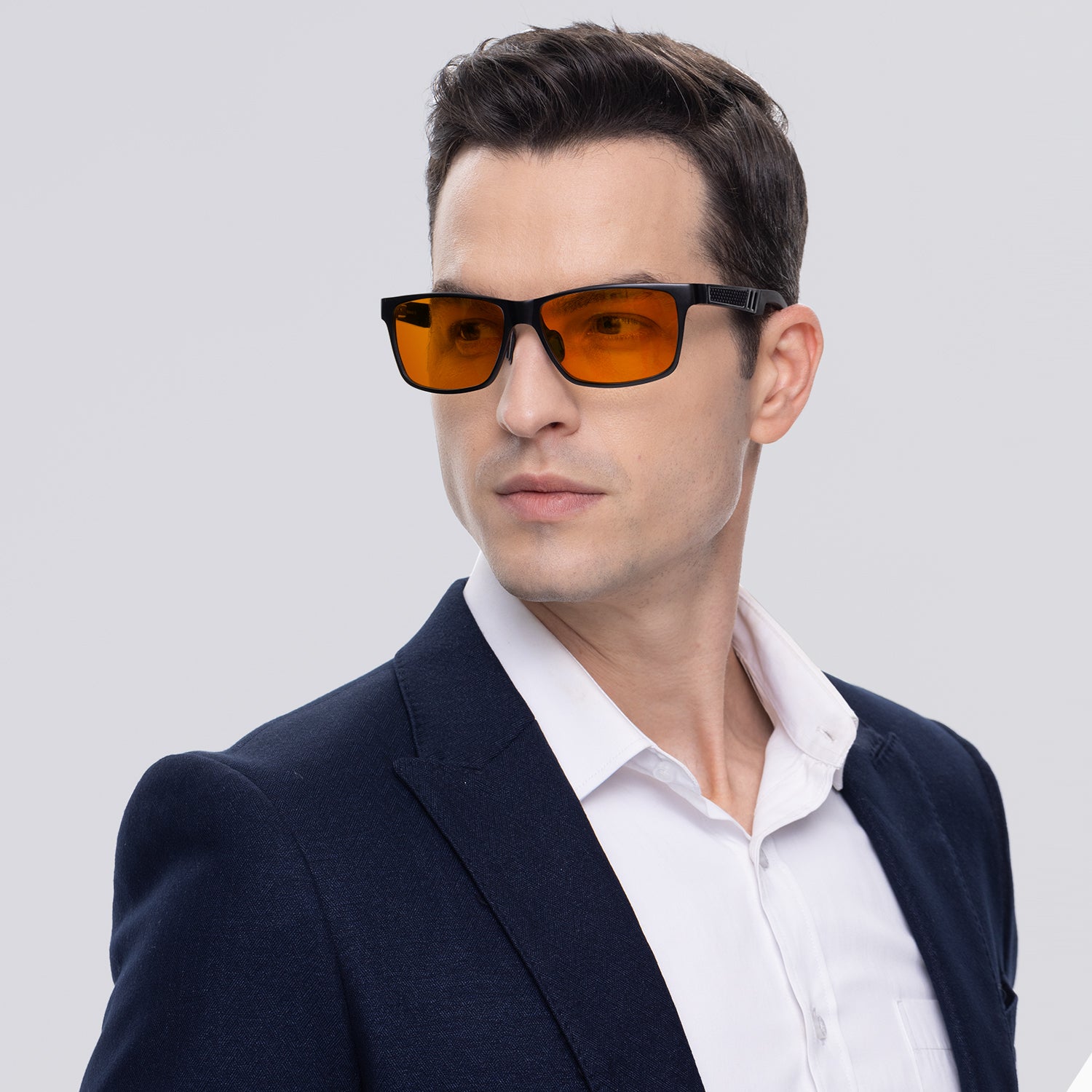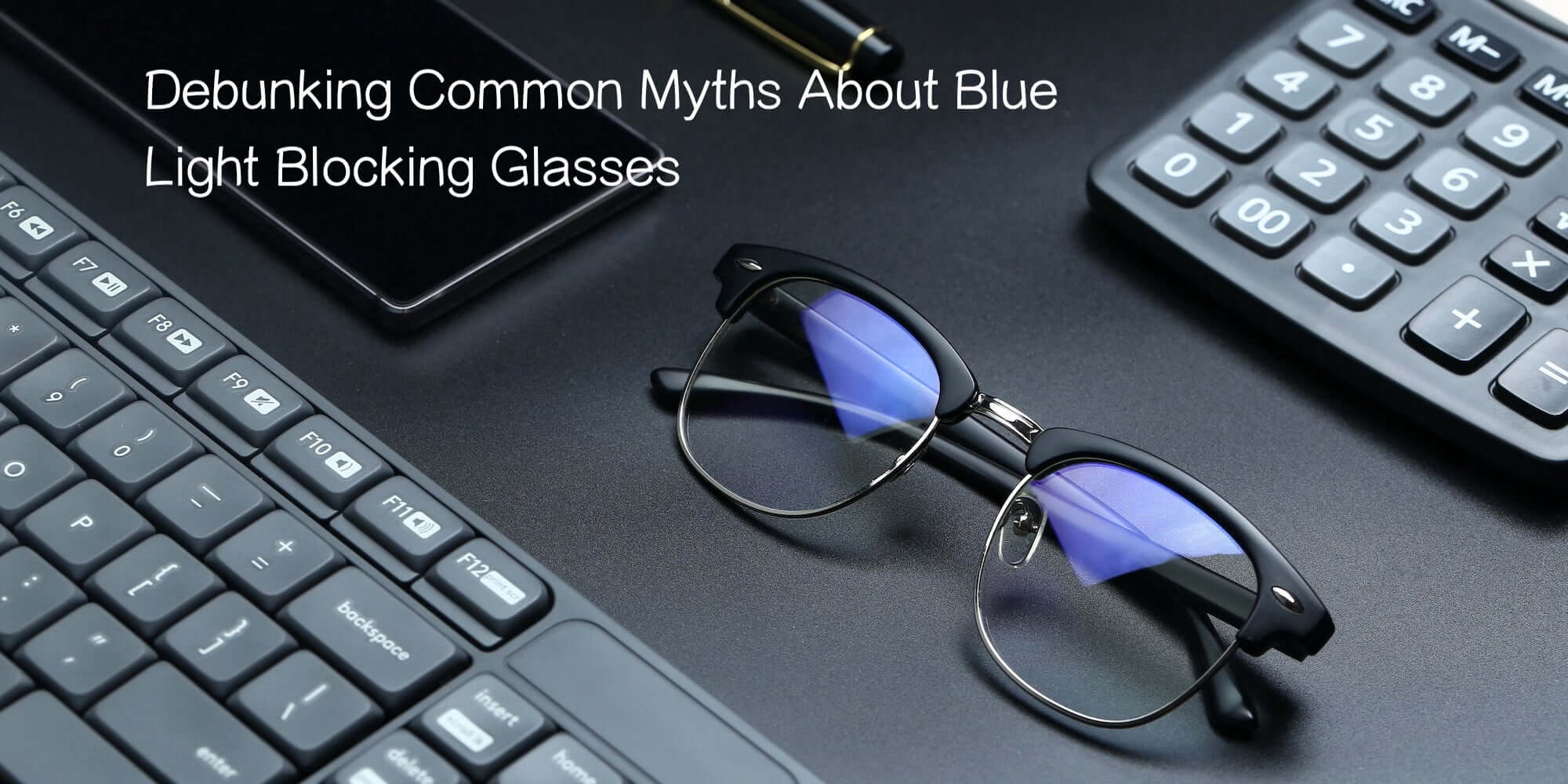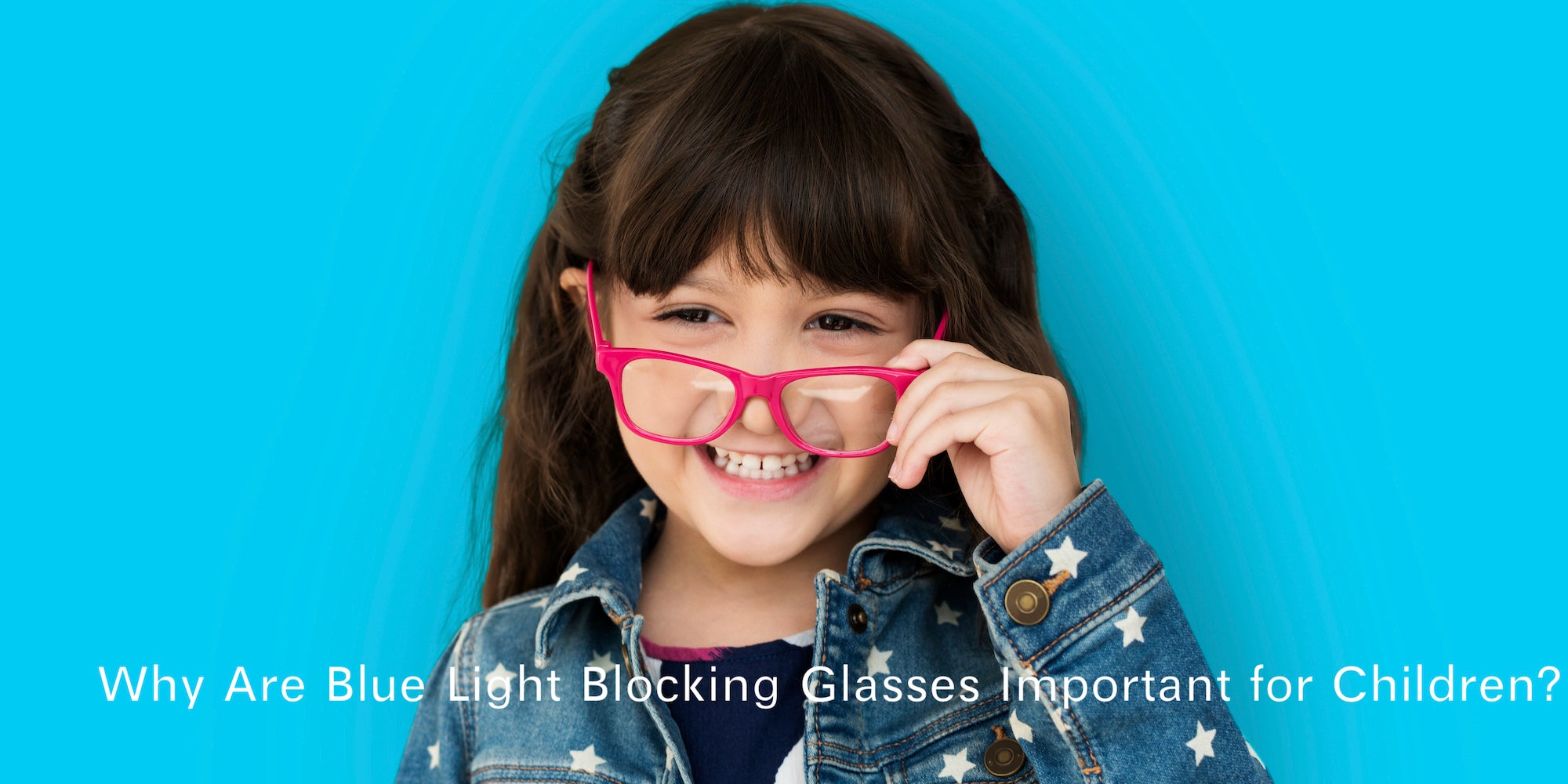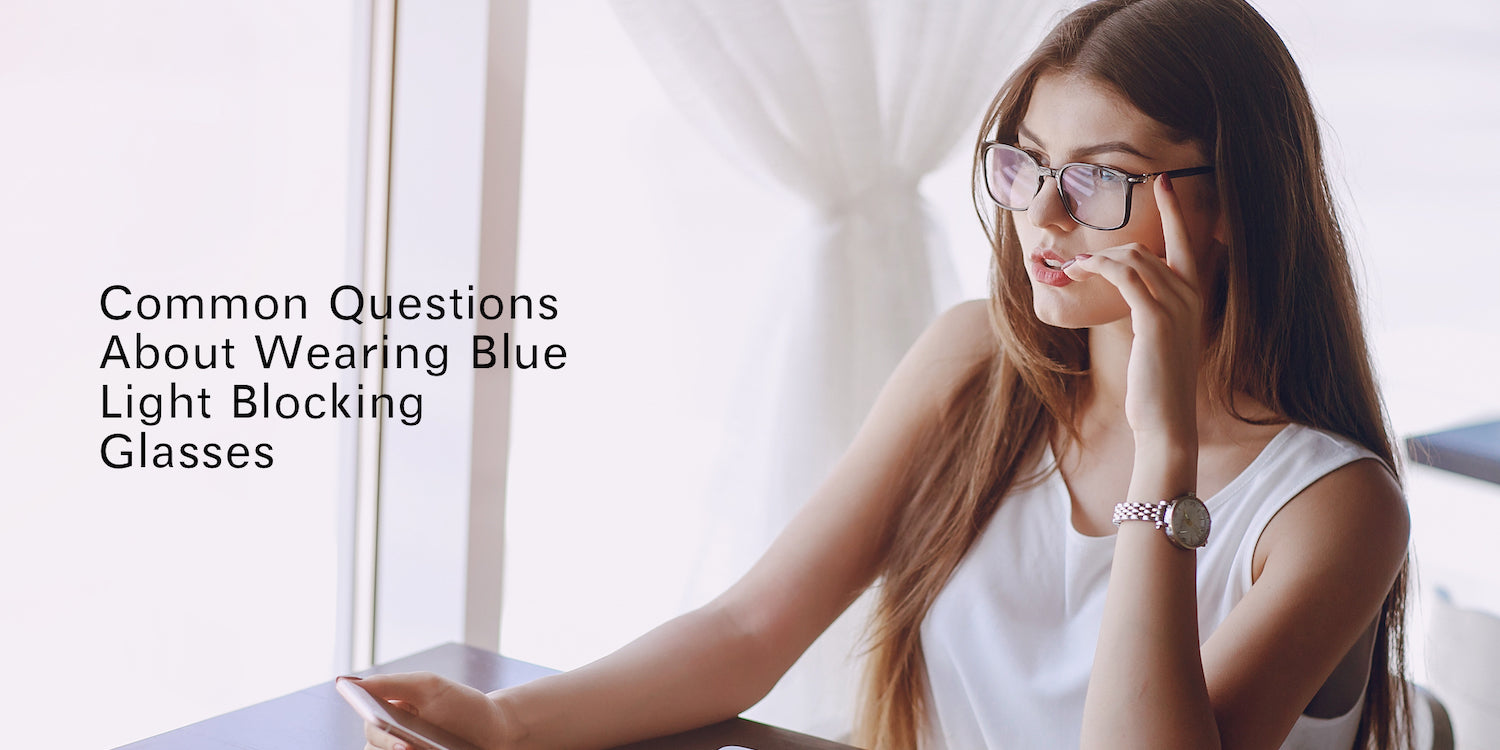
Common Questions About Wearing Blue Light Blocking Glasses
As electronic devices become a staple in our daily lives, more people are becoming aware of the potential dangers of blue light. Blue light blocking glasses are increasingly popular for protecting eye health, but many have questions about their usage. This blog aims to answer some common inquiries regarding blue light blocking glasses, helping you understand how to use them effectively for eye protection.
1. What is blue light, and why is it harmful to the eyes?
Blue light is a part of the visible light spectrum that has a short wavelength and high energy. It primarily comes from sunlight, LED lights, and electronic devices like smartphones, computers, and televisions. While blue light can help regulate our circadian rhythm during the day, prolonged exposure to high-energy blue light from screens can lead to eye strain, dryness, and even disrupt sleep patterns.
2. Are blue light blocking glasses really effective?
Yes, blue light blocking glasses can effectively filter out a significant portion of blue light, particularly the high-energy shortwave blue light (415-455 nm). Studies have shown that these glasses can reduce eye strain and discomfort, helping to improve comfort during extended screen time. However, the effectiveness may vary between brands and lens types, so it's advisable to choose certified, high-quality lenses.
3. When should I wear blue light blocking glasses?
Blue light blocking glasses are especially beneficial in the following situations:
- When using computers, smartphones, or tablets for extended periods.
- During nighttime use of electronic devices to reduce sleep disruption.
- When experiencing symptoms of eye strain, dryness, or blurred vision.
For individuals engaged in tasks like design, programming, or prolonged typing, wearing blue light blocking glasses can significantly alleviate eye discomfort.
4. Can I wear blue light blocking glasses all day?
Yes, blue light blocking glasses can be worn all day, especially if you spend a lot of time on electronic devices. However, some blue light lenses may have a slight yellow tint, which could affect color perception. If you work in color-sensitive fields (like design or photography), consider using interchangeable lenses or wearing them specifically during screen time.
5. Will blue light blocking glasses affect my vision?
Wearing blue light blocking glasses will not negatively impact your vision. In fact, they can alleviate discomfort and eye strain caused by prolonged screen use. If you have vision problems, such as nearsightedness or farsightedness, you can opt for prescription blue light blocking glasses that both correct your vision and provide blue light protection.

6. How do I choose the right blue light blocking glasses?
When selecting blue light blocking glasses, consider the following factors:
- Lens Quality: High-quality lenses should filter out at least 30% of high-energy blue light, with some filtering up to 50-70%.
- Comfort: The frame should be lightweight and fit your facial contours comfortably for prolonged wear.
- Usage: For indoor use, standard blue light blocking glasses may suffice; for outdoor activities, consider lenses with UV protection.
- Brand and Certification: Choose brands that have undergone scientific testing and certification to ensure lens quality and blue light filtering effectiveness.
7. Can wearing blue light blocking glasses improve sleep?
Prolonged use of electronic devices at night can suppress melatonin production in the brain, affecting sleep quality. Wearing blue light blocking glasses can mitigate blue light interference with sleep, helping maintain a natural sleep cycle. Therefore, particularly when using smartphones or computers before bed, wearing blue light blocking glasses may help you fall asleep faster and improve sleep quality.
8. Do children need to wear blue light blocking glasses?
With children spending increasing amounts of time on electronic devices, their eyes are also at risk from blue light exposure. To protect children's eye health, especially during online classes or extended device use, blue light blocking glasses designed specifically for kids can be beneficial. However, ensuring children take regular breaks from screens and follow the "20-20-20" rule (looking at something 20 feet away for 20 seconds every 20 minutes) is also vital for eye protection.
9. What’s the difference between blue light blocking glasses and screen protectors?
Blue light blocking glasses filter blue light entering the eyes directly through the lenses, while blue light blocking screen protectors are thin films applied to electronic device screens to reduce emitted blue light. Both can be used simultaneously, but wearing blue light blocking glasses offers more flexibility as they can be worn across multiple screens.
10. How should I clean and maintain my blue light blocking glasses?
Regular cleaning is essential to maintain the effectiveness of blue light blocking glasses. Use a soft microfiber cloth and a dedicated lens cleaner to wipe the lenses, avoiding paper towels or clothing that could scratch them. Keeping the glasses dry and preventing the lenses from coming into contact with hard objects or chemicals will also prolong their lifespan.
Blue light blocking glasses are a valuable tool for protecting your eyes from screen-related blue light exposure, especially for those who spend significant time on electronic devices. We hope this blog answers your common questions about blue light blocking glasses and assists you in safeguarding your eye health. If you have more inquiries, feel free to leave a comment and join the discussion!

